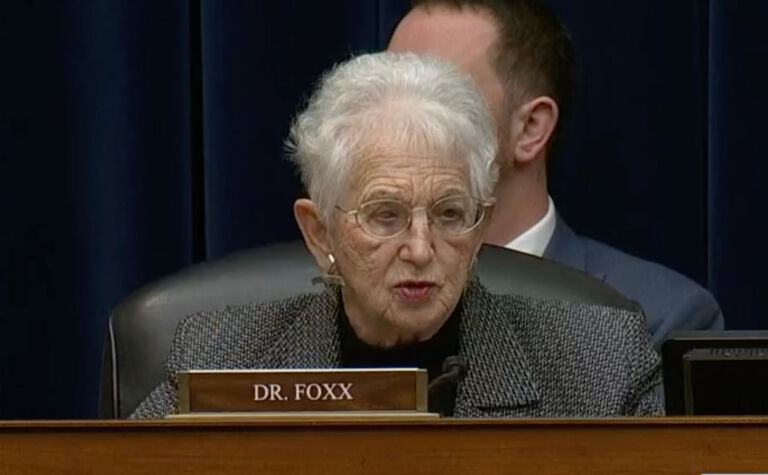Were British laissez-faire economic policies the reason for the Irish potato famine? In the letter below, economics professor Don Boudreaux responds to that assertion.
5 December 2012
Editor, The New Yorker
Dear Editor:
Reviewing books on the massive starvation in China caused by Chairman Mao, Panjak Mishra asserts that Ireland’s Great Potato Famine was caused by “Britain’s heartlessly enforced ideology of laissez-faire” (“The Hungry Years,” Dec. 10).
Mishra’s assertion is potted history at its worst. As historian Stephen Davies explains, Ireland’s Great Potato Famine was indeed caused by British heartlessness – but the heartless policies at the root of the famine were quite the opposite of laissez faire.*
After defeating James II in 1690, victorious protestants subjected Catholics – Ireland’s majority population – to cruel restrictions on land ownership and leasing. These policies led most of Ireland’s people to farm plots that were inefficiently small and on which the Irish had no incentives to make long-term improvements. As a result, agricultural productivity in Ireland stagnated, and the high-yield, highly nutritious, labor-intensive potato became the dominant crop. In combination with other discriminatory measures that obstructed Catholics from participating in modern commerce – measures that kept far too large a portion of Ireland’s population practicing subsistence agriculture into the mid-19th century – this over-dependence on the potato spelled doom when in 1845 that crop became infected with the fungus Phytophthora infestans.
Then to worsen matters, Britain’s high-tariff “corn laws” discouraged the importation of grains that would have lessened the starvation. Indeed, one of Britain’s most famous moves TOWARD laissez faire – the 1846 repeal of the corn laws – was partly a response to the tragedy in Ireland.
Although the magnitude of Ireland’s starvation in 19th century falls short of that of China’s in the 20th, the policies that begot the former were no more laissez faire than were the policies that begot the latter.
Sincerely,
Donald J. Boudreaux
Professor of Economics
and
Martha and Nelson Getchell Chair for the Study of Free Market Capitalism at the Mercatus Center
George Mason University


